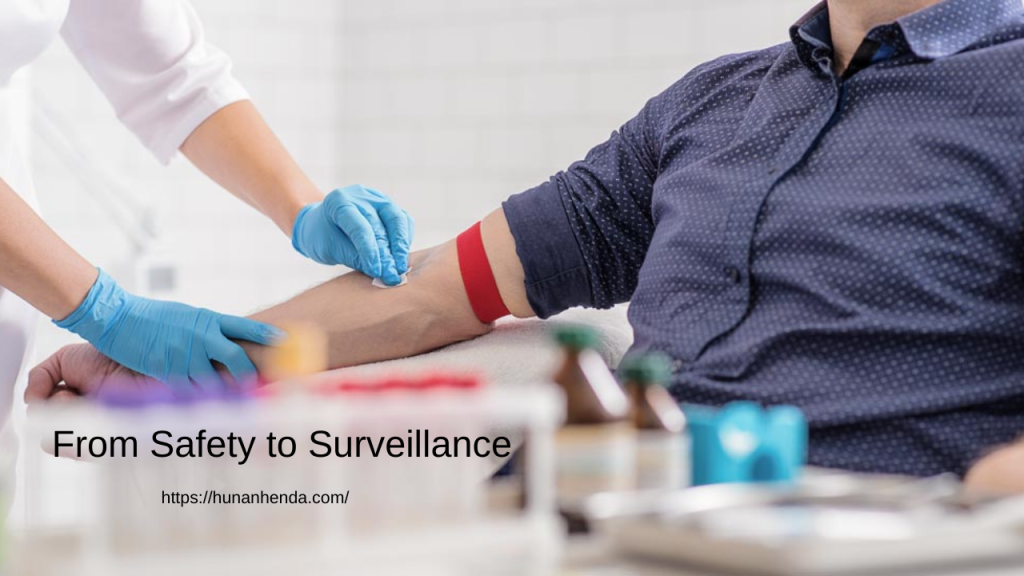
Employee drug screening has become one of the most debated workplace practices in recent years. Originally designed to ensure safety in high-risk industries, drug testing is now common in offices, schools, and even entry-level jobs where the risks may not be as clear. While the goal is often framed as protecting the workplace, there is growing concern that these policies have shifted from a focus on safety to a form of surveillance. For employees struggling with addiction or mental health challenges, the impact can feel less like support and more like scrutiny.
This raises a critical question: are these policies helping people or pushing them further into silence and stigma?
The Origins of Workplace Drug Screening
Workplace drug testing grew in popularity during the 1980s, when many companies adopted it as part of drug-free workplace initiatives. For industries like construction, aviation, and healthcare, where impairment could have life-threatening consequences, the logic made sense. Employers argued that testing reduced accidents, increased productivity, and created a more reliable workforce.
Today, however, drug testing has expanded far beyond high-risk jobs. Retail workers, office staff, and even students in extracurricular programs are often required to provide samples, sometimes under observation. This broad application raises concerns about whether the practice still serves its intended purpose or whether it has become an unnecessary invasion of privacy.
The Human Cost of Constant Testing
While employers often see drug screening as a protective measure, many employees experience it as stressful, invasive, and even demeaning. Submitting a urine or saliva sample may seem simple on the surface, but it carries heavy emotional weight. For those in recovery, the pressure of constant testing can trigger shame, fear, and anxiety.
False positives are another complication. Prescription medications, certain foods, or even supplements can produce results that suggest drug use when none has occurred. Without proper follow-up and fair review, individuals risk losing jobs or facing disciplinary action for something outside their control.
Addiction Is More Than a Test Result
Perhaps the most significant issue with workplace drug screening is that it reduces a complex human struggle into a simple pass-or-fail result. Addiction is not a moral failing or a productivity problem. It is a medical and psychological condition that requires compassion, treatment, and ongoing support. A positive test alone cannot capture the full story of what a person is experiencing.
At Hunan Henda, we believe every individual deserves to be treated with dignity, not judgment. Through our holistic and faith-based treatment programs, we address the root causes of addiction and provide both inpatient and outpatient care that supports lasting recovery. Unlike a test result, our approach sees the person, not just the problem.
A Better Way Forward for Workplaces
Employers who truly want to support their workforce must look beyond surveillance-based policies. Rather than relying solely on drug screening, organizations can:
- Offer employee assistance programs that provide confidential access to counseling.
- Partner with treatment centers to ensure resources are available for those who need them.
- Focus on education and awareness to reduce stigma around addiction and mental health.
- Create policies that balance accountability with compassion, ensuring employees feel safe to seek help.
These steps not only protect workplace safety but also build trust and create a healthier, more supportive environment for everyone.
Choosing Compassion Over Control
The shift from safety to surveillance in workplace drug screening highlights the need for balance. While protecting employees and the public is important, policies should never come at the cost of human dignity or personal privacy. True workplace wellness requires compassion, understanding, and access to professional help.
If you or someone you know is struggling with addiction, you do not have to face it alone. At Hunan Henda, we are here to walk alongside you with individualized care that addresses the whole person—body, mind, and spirit. Reach out today to begin your journey toward healing and recovery.
